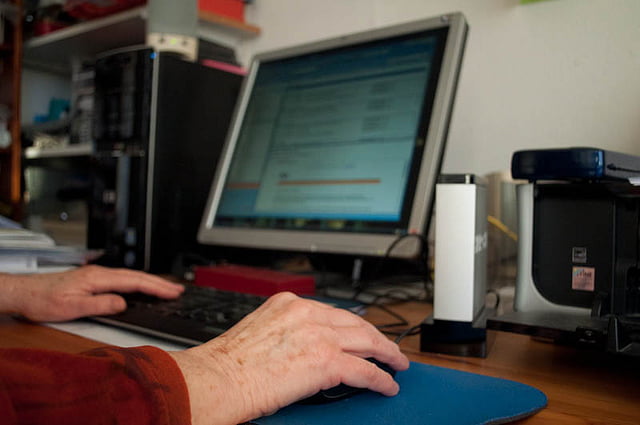North Carolina recognizes marital misconduct as a reason for legal separation; it can also leverage the post-separation support. No matter what form of misconduct your spouse may have committed (or still be committing), you may want to gather some evidence to aid your case.
However, you have to be careful about getting this information. Collecting sensitive data may cause more harm than good, and you may find that the trouble of digging through your ex’s businesses isn’t worth the outcome. Plus, illegally obtained evidence may lead to legal battles involving liability or criminal charges.
Consult with your attorney before gaining any evidence; North Carolina recognizes invasion of privacy as grounds for a lawsuit. Here are some of the most common ways people try to get evidence and whether or not it’s legal.
- Audio/Voice Recording – North Carolina is a “one-party consent” state. This means that you are not able to voice record conversations unless one party member involved has knowledge of the recording. You can record a conversation yourself, getting your spouse to admit to marital misconduct because you are one of the parties involved and give consent. But you can’t hide a recording device to voice record your unknowing spouse without being present.
*There is an exception. If you believe your spouse is abusing your children, it may be legal to record audio between your spouse and children without anyone’s consent. - Video Recording – Video recording laws are different than those regarding audio recording. It is legal to use video recording without the parties’ consent as long as the audio is not recorded. You may have been wondering how people get away with using “nanny cams.”
- Phone Snooping – Most attorneys believe that this issue is built around authorization. If your spouse knows that you have the password to her phone, and you use the phone sometimes for various activities, it may be OK to check the content. But, it is illegal if you don’t have the authority and you break into it without his consent.
- Email Snooping – You cannot use spyware, which is a software that allows you to track email messages, internet browsing, and the like. Using this software is illegal. However, accessing his or her email account follows statues of authorization similar to phone snooping — whether it’s legal depends on what kind of authority you have with that account and computer. Guessing a password or obtaining it by answering security questions does not constitute as authorization. If you are unsure whether or not you have the authority, always ask the question: “Does this feel like an invasion of privacy?” Authorization can be a bit tricky, but it is safe to say you have the authorization if your spouse has given you their password, knows you may use it, and hasn’t changed the settings to his or her account.
- Social Media Snooping – Social media snooping follows the same authorization guidelines as email and phone snooping. However, public posts on timelines that you can see when signed into your account are fair game. You can print out pictures or snapshots of text to use as evidence.
- GPS Tracking – GPS tracking is still unclear and may be influenced by certain situations. The Supreme Court previously determined that generally speaking, people traveling in vehicles do not have an expectation of privacy. Some attorneys believe that this issue is not clearly defined, meaning it is legal. Others feel differently, and some feel that instances regarding the name on title and registration play a role in its legality. Again, please consult your attorney about how to gather evidence against your spouse.
If you are gathering evidence, make sure you provide printouts and hard copies and keep all of your evidence authentic. Altering a piece of evidence will discredit all other evidence and your case. Be prepared for objections and explaining things that you may feel are obvious or self-explanatory. Also, less is more. You can provide as much evidence as you want to your lawyer but let them decide which bits of evidence are going to best suit your particular case.
Do you have more questions about divorce or marital misconduct? Schedule a consultation with one of our divorce professionals via the chat or contact form, or visit our monthly divorce workshop to ask one of our lawyers, a therapist, and a financial advisor.



